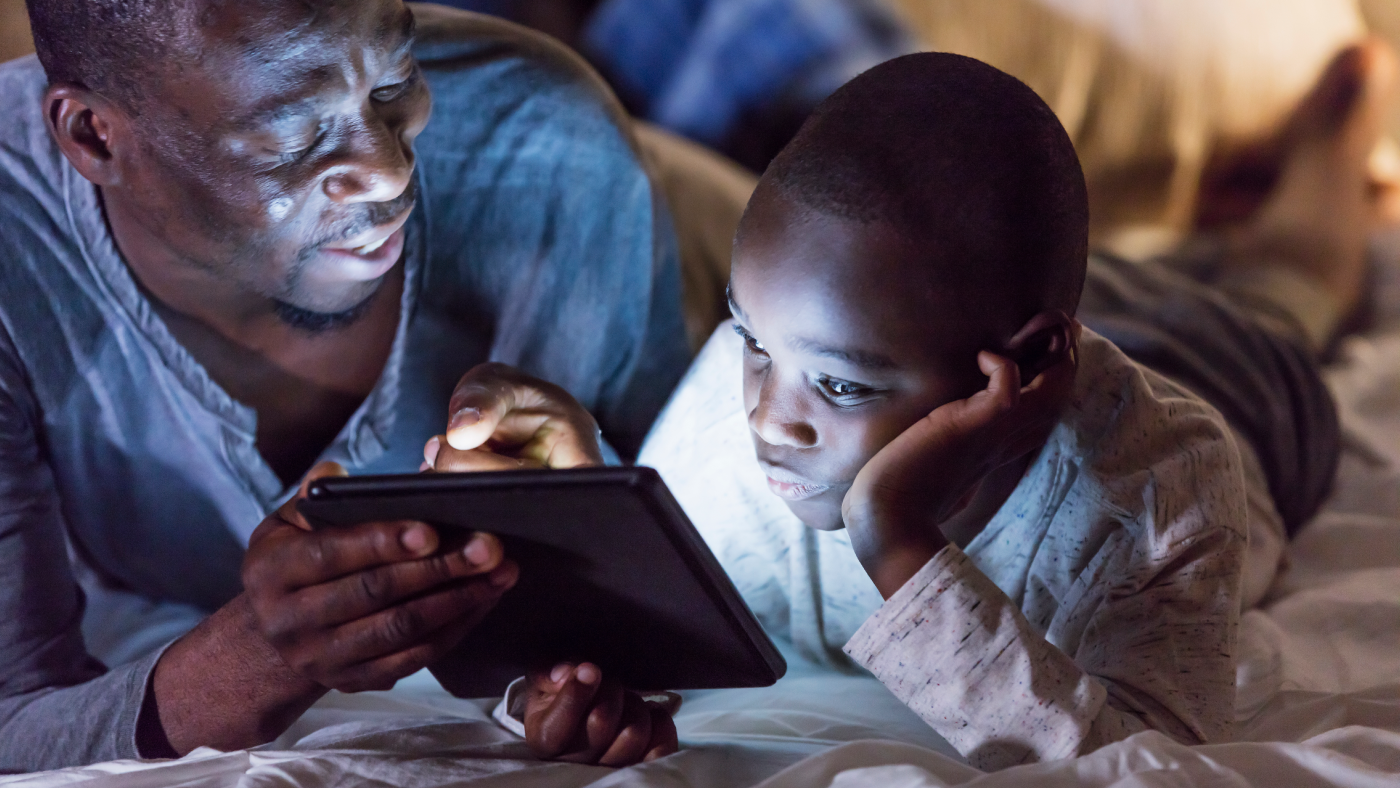Online Safety
OnGuard Online is a new site for consumers who want to protect their computers from software intrusions.
OnGuard Online is a new site for consumers who want to protect their computers from software intrusions.
This presentation shows recent trends in home broadband adoption and shows why the growth rates of the recent past are not likely to continue. The pool of remaining dial-up users are older, lower income, and less engaged with the internet than dia...
The growth in home high-speed internet adoption, after growing quickly in the past several years, has slowed down and is poised to slow even further.
There is interesting, new research about college faculty use of the internet and their judgment about its impact on their students.
n the days after Hurricane Katrina devastated the Gulf Coast region and knocked out cell phone towers and landline telephone service, citizens, local community organizations, government agencies and news outlets turned to the internet as a communi...
There’s the old saw that if you can’t program your VCR (or now maybe DVD or even TIVO?) you should just hand the remote to the nearest child. Recent data collected by the Pew Internet Project suggest that the same is true when it comes to the inte...
Internet users who have Mozilla's Firefox browser are more likely than other internet users to say they started using a different browser to block unwanted software (like spyware).
Even with an overwhelming majority of teens online, there are about three million youth between ages 12 and 17 who do not use the internet. What about the 13% of teens who aren’t online?
Many parents go online to get information about their kids' upcoming surgical procedures.
A profile of those who say they have sampled porn online.

Roughly four-in-ten Americans have experienced online harassment. Growing shares face more severe online abuse such as sexual harassment or stalking.
Two-thirds of parents in the U.S. say parenting is harder today than it was 20 years ago, with many citing technologies, like social media or smartphones, as a reason.
From distractions to jealousy, how Americans navigate cellphones and social media in their romantic relationships.
Majorities of U.S. adults believe their personal data is less secure now, that data collection poses more risks than benefits, and that it is not possible to go through daily life without being tracked.


